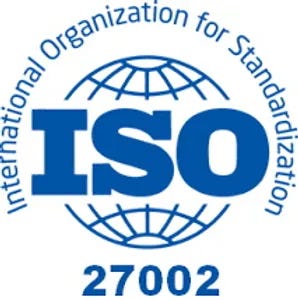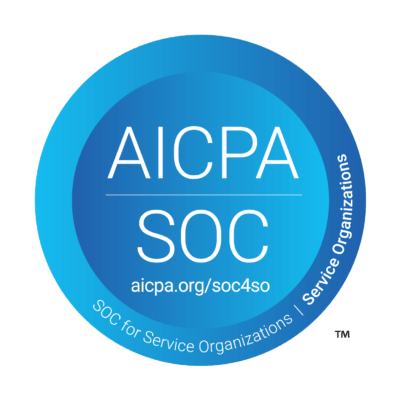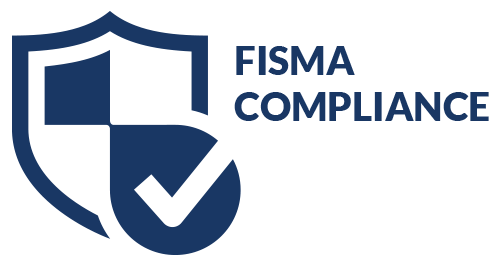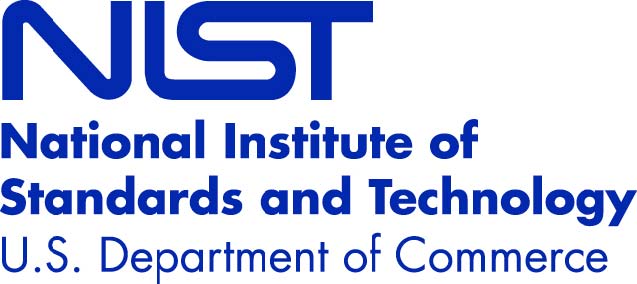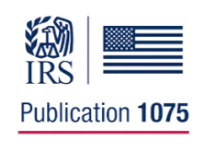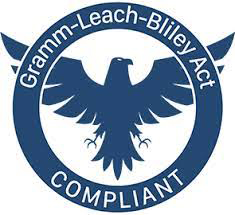Medical debt collection can sometimes seem more complicated than collections for other industries. Medical bills can quickly rack up and not everyone who gets sick can cover those bills. Additionally, the law protects medical records and provides for patients’ right to privacy. If you want to improve your medical practice’s cash flow, consider these four important factors related to medical collections.
1. You Need Outside Help
Can’t get paid? Turn to the professionals.
Your job is to run a medical practice, treat patients, or man the front desk at a clinic. Unless you have formal medical collections training, compliance specialists, dedicated staff, and the technology necessary, consider handing over your unpaid accounts to a debt collection agency. There’s no rule or law that prohibits medical practices from using third-party agencies.
Just make sure that the information you turn over to the collection agency won’t violate patients’ right to privacy. For instance, you probably need to provide information such as contact details, the type of practice you run, and the basic type of treatment rendered. However, the collection agency doesn’t need to know what gauge needle you used to administer an injection or which drugs the patient takes to manage pain.
2. Billing Mistakes Happen
People aren’t perfect — and neither is EMR or EHR software.
Unfortunately, billing mistakes have plagued medical practices for decades. Something as simple as an ICD-10 code that’s off by a single number can completely change the bill that the customer receives. Plus, you have to deal with medical insurance, secondary insurance, and other issues that might impact the amount the customer eventually owes.
For this reason, use double- and triple-checking procedures to prevent billing errors. If a customer calls to complain, take his or her issue seriously and look into the problem. Additionally, it can be helpful to have your medical collection agency uses your practice’s name during the initial contacts. That way, the customer can call your office to sort out potential errors.
3. Payment Plans Produce Good Results
Whether with the customer or through the collection agency, consider helping customers settle their debts through payment plans. A high school teacher who earns $40,000 a year and takes care of two kids probably can’t settle a $5,000 medical bill in one shot. However, he or she might be able to break up the payments to satisfy the debt and avoid a credit hit.
Payment plans are among some of the best practices for medical collections. You’ll get the money your practice is owed, even though it might take longer than you would like. Bringing in a small amount of money once per month is far better than receiving no money and writing off the debt.
4. Pay Attention to Debt Age and Communication
The longer a past due bill goes uncollected, the less likely you are to recover what is due. Pay close attention to your aging report as early intervention can be critical. Outsourcing your first party receivables can be helpful if you don’t have the staff to properly manage this stage in the revenue cycle.
Regardless of the type of medical practice you own, medical debt collection is probably part of your professional life. Contact us if you need help from an experienced medical debt collection agency that understands how to collect from your patients with compassion.
Want to learn more about TSI? Fill out the form and a TSI representative will contact you shortly.
